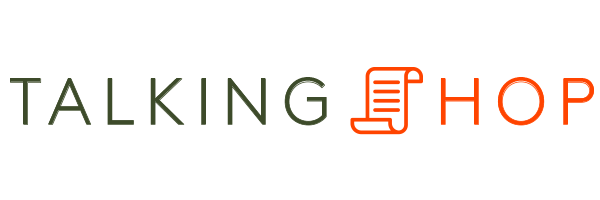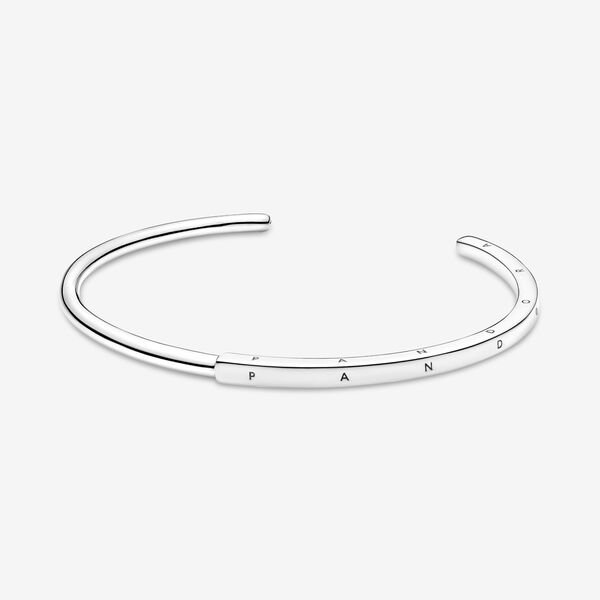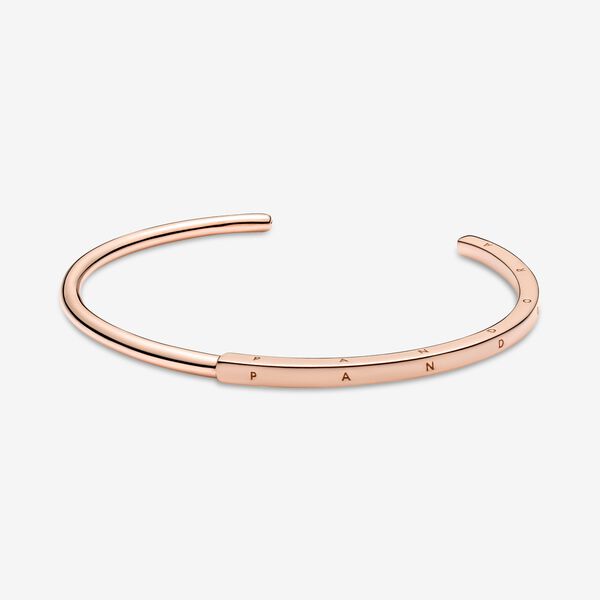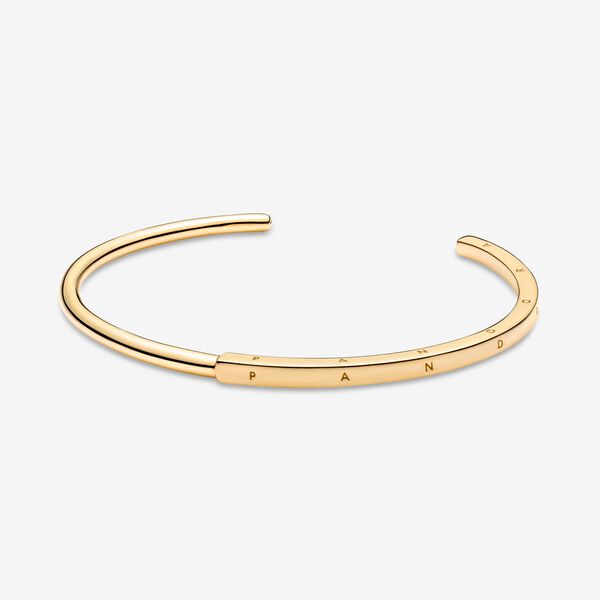For all the now-well-known benefits of working from home, there are still certain small phenomena that can only occur in a physical office: rambling conversations at the espresso machine, scooting over in your roll-y chair to pester a favorite colleague, the particular type of friendships that form when you put a random assortment of people together for eight hours a day. But while we might lament having to maintain those connections digitally, imagine meeting a new colleague face-to-face just a handful of times before partnering with them to start a company.
Such was the case for Cary Lin and Angela Ubias, founders of Common Heir, a clean, plastic-free, high-performance skincare brand. The company's chief executive officer and chief product officer, respectively, had been set up on a "blind phone-call date" by a mutual friend shortly before COVID-19 struck, leaving Ubias in Austin and Lin in L.A. Through countless online-coworking-sessions and repeated requests to "hop on a quick FaceTime," the two beauty industry vets were able to successfully launch their Vitamin C serum, a concentrated formula to improve skin texture and brighten dark spots, in the form of a biodegradable, plant-based capsule.
AdvertisementADVERTISEMENT
Ahead, we've teamed up with Pandora Jewelry — whose Signature I-D Bangle was designed to be a reminder of what drives you — to share Ubias and Lin's secrets for remote collaboration, how other women have shaped their journeys, and how they've reframed imposter syndrome and used it to their advantage.
Where did the idea for Common Heir come from?
Lin: "I had the inkling of the thought for Common Heir for several months after working in the beauty and consumer goods industry. I was walking on the beach in Santa Monica and picking up some plastic trash after having worked in the industry putting out millions and millions of products. It just hit me that I didn't know where any of it ended up, and I started thinking about creating a brand that was going to make a meaningful difference that didn't use any plastic packaging, something I really wanted that didn't exist."
Ubias: "I always call it a love match. Just in that first half-hour phone call, my face hurt from smiling so much — because both of us came from the beauty industry, we'd somehow identified the same white space. I was toiling away nights and weekends on Common Heir until May 2020, and I just found myself feeling passionate about the work I was doing there, not so much the work I was doing in my longterm role. The pause that the pandemic created for a lot of us was this opportunity to become hyperaware of the mark we're leaving behind. Working on other people's brands has been great, but this was an opportunity to work on something that feels like a representation of me and Cary."
AdvertisementADVERTISEMENT
Common Heir was initially made possible because another woman connected you. How else have women in your personal and professional lives helped shape the brand?
Lin: "The reason we called the brand Common Heir is literally because Angela and I were looking at our own founder story. We don't have this whole 'childhood friends who met at camp and decided to do this together' story. We genuinely did not know each other, and our personal and professional lives have been pretty different. But we wanted to focus on what we have in common, that feeling from that first phone call, which was like, 'she understands.' It was all about passing things down, inheriting things, and realizing that we have something we can give. Even though we're so different, this is something we can work on together because we both really care."
Ubias: "Immediately after college, I fell into working with amazing, really strong female founders and CEOS, and that's certainly shaped who I am today. So there's never been a second thought about how to pass that forward, because it's so innate to my experience. With Common Heir, we've had so many amazing women around us who were so supportive and passionate. You can feel that emotion and the heartstrings running through the brand."
Given the added challenges of a global pandemic and not being in the same location, what was the glue that held your relationship together as you launched your brand?
Ubias: "It was 1000% clear, open, and honest communication and what felt like being overly communicative at times because we didn't have this foundational relationship to fall back on, like knowing how this is how this person works so I can benefit-of-the-doubt it — there was none of that. It sounds very cheesy, but to build the bond you need with a cofounder, there's a personal aspect there, so it was making sure to do daily check-ins where we'd have Zoom open and work together or saying, 'I'm feeling stressed about this, can we hop on a FaceTime.' Without that, it would've been so easy for things to fall apart."
AdvertisementADVERTISEMENT
Lin: "We're both motivated to do things that are very different. We're not rebels, per se, but we were both hungry to do something genuinely innovative in the space, and we thought that this wasn't going to get built the way we envisioned if we didn't do it. Macro-level, that's what kept us going. Instead of achieving a big vision all at once, we hit little milestones and had little moments of grace that kept telling us, It's a sign, we should keep going. Like, 'Oh, we were able to raise a little bit more [funding], let's get a photo shoot done.' Or 'Oh, it turns out we can do a photo shoot over text message.' All these little things led us to, I guess we're launching now."
Celebrating wins while starting a business, no matter how small, sounds crucial for staying motivated. How do you like to celebrate your victories?
Ubias: "I tend to operate on a reward-based system, so it's like 'do this difficult thing, there's a reward at the end.' It wasn't easy building this during the pandemic with such uncertainty, all these imposter-syndrome-driven things and actual tactical problems. We could only really look at the day ahead, more small-scale, tangible bits. Being able to check those off... that's really important to celebrate because sometimes when you're in the thick of it, you can only see what you can get accomplished today. That's something I struggle with, just how grand some of the celebrations should be for launch or this or that, because Cary and I are both hyper-motivated individuals. With that territory, we're constantly looking for ways to improve and find efficiencies. But I have a great network of friends and family and loved ones that will force me to take a step back and celebrate."
AdvertisementADVERTISEMENT
Lin: "As a startup in the zero-to-one phase, think about a car — it can't go without initial gas, you kind of have to generate your own momentum. You have to generate your own happy moments. It's important to remember like, If we knew about this a year ago, we'd be super excited to get here. On some level, because of how scrappy it was when we started, it's very existential in your first year as a business. It's very hand to mouth. I think I always want to keep that humility in mind, that we could've so easily not been here."
You've spoken about dealing with imposter syndrome, something a lot of women struggle with. What's been helpful for you in working to overcome it?
Lin: "This is really top of mind for me, because we've recently had to go out there and seek fundraising. There's massive imposter syndrome, and having the double whammy of being minority and female, sometimes it never feels like you're what they want to invest in, that you're convincing them. But other female founders that I look up to, I know they're dealing with it as well, so we'll pump each other up. And I'll look at Angela like, 'Yeah, we do know what we're talking about.' When we look at what we're good at in our careers, this is a great expression of our talents, but we're also first-time founders. There's a massive fear of failure if you're the token investment in someone's fund that's beauty or that's minority — it's a lot of pressure."
AdvertisementADVERTISEMENT
Ubias: "I'm in a constant state of imposter syndrome. Once I accepted that, it shifted my thinking, in that it means I'm always going to have an opportunity to learn and grow and challenge myself. If you aren't having some level of imposter syndrome, you might think you're perfect. Part of me taking the leap to become a founder was wanting to challenge myself for my own growth and development. Everyone, regardless of career or title, feels this at some time, so talk about it and don't make it this taboo thing, because it doesn't lessen you. It doesn't invalidate your experience to say, 'I'm struggling with this today.' Nobody actually knows what they're doing, so it's all okay."
What advice do you have for others, especially those who are also women and a minority, who might be interested in starting their own beauty venture?
Ubias: "I'm not someone who took a really traditional path to beauty. I certainly didn't go to school for cosmetic chemistry. In beauty specifically, that looks like a barrier to entry for a lot of folks, but it isn't. There's something to be said for rolling up your sleeves and putting in the hard work, and if it's something you have a real passion for, reach out to people who are doing what you want to be doing. Because I can almost guarantee those people are willing to open doors and bust down barriers, because they already had to do so much to get to that visibility level. A lot of people genuinely want to help and are willing to open doors if you just take the chance and don't get too in your head about things."
AdvertisementADVERTISEMENT
Lin: "We don't want to be the first and only. When we were growing up, there weren't many founders who looked like us who we could look up to. So I want to encourage folks that if we can do it, they can totally do it. We're not that special."
Celebrate Your Wins With These
AdvertisementADVERTISEMENT











